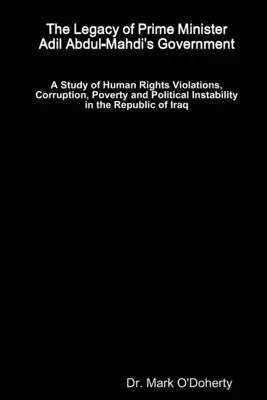Thousands of followers of an influential Shia cleric stormed into Iraq's
parliament on Saturday for the second time this week, protesting against
government formation efforts led by his rivals, an alliance of
Iran-backed groups. The alliance showed signs of internal division, with
some calling for counter-protests - a development that would raise the
spectre of civil strife - while others later urged for dialogue. Iraqi
security forces initially used teargas and stun grenades to try to repel
the demonstrators, who are followers of the cleric Muqtada al-Sadr. Once
inside, the protesters declared an open-ended sit-in and claimed they
would not disperse until their demands were answered. The United Nations
expressed its concern over further instability and called on Iraqi
leaders to de-escalate. "Voices of reason and wisdom are critical to
prevent further violence. All actors are encouraged to de-escalate in
the interest of all Iraqis," the UN said. In a speech, the caretaker
prime minister, Mustafa al-Kadhimi, called for restraint. "The political
blocs must sit down and negotiate and reach an understanding for the
sake of Iraq and the Iraqis," he said and ordered security forces to
protect demonstrators. Hence it is imperative that all parties concerned
de-escalate to avoid violence and loss of life - so that the UDHR and
the UNCRC can be upheld - and that Rule of Law and Democracy prevails in
Iraq. However, politicians and government employees responsible for
corruption must be brought to justice, so that stability can be restored
and the political system in Iraq can be improved. All parties concerned
should restore dialogue and negotiations, and resolve the situation in a
responsible and peaceful way. Also, it's imperative that Children and
Civilians are provided with the basic necessities in Iraq - so that the
UDHR and the UNCRC can be upheld in the International Community.
Otherwise an intervention by the NGO Community will be necessary.


